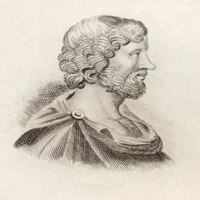Aristippus of Cyrene tipo de personalidade mbti
Personalidade
"¿Qué tipo de personalidad es Aristippus of Cyrene? Aristippus of Cyrene es un tipo de personalidad ESTP en mbti, 7w8 - sp/sx - 783 en enneagram, SCUEI en Big 5, SLI en Socionics."
"Lust for life is: taking pleasure when they pass by. The greatest pleasures are not those of an intellect, nor are they always ethically responsible.” This philosopher encourages us to go all out despite the consequences. "Be sensual. Be a beast." So live in the moment: dom Se (so his dominant function now known is ESTP/ESFP choice). For him, the meaning of life is only pure pleasure. With his advice to seek out the pleasures of life, Artistippus reverses Epicurus' hedonism. After all, he wants us to curb our striving and our desires and that we get as much pleasure as possible from what we have in the here and now. Artistippus urges us to change and manipulate what we have in such a way that we get the most pleasure out of it. Examples of how he put this into practice in his own life: traveling a lot (even though the distance is not much now, it was a world trip at the time) and possessing a lot of luxury. He was also convinced that intellectual pleasure was nowhere near as sensual as it was. I am thinking about ESTP, but ESFP could be too. Ti > Fi as he took little account of the people around him and this indicates little empathy (and therefore no aux Fi function, although his Ti was also not optimal and I haven't read much from him). Okay if enneagram 7 isn't clear right now..
Biografia
Aristippus of Cyrene (Ancient Greek: Ἀρίστιππος ὁ Κυρηναῖος; c. 435 – c. 356 BCE) was a hedonistic Greek philosopher and the founder of the Cyrenaic school of philosophy. He was a pupil of Socrates, but adopted a very different philosophical outlook, teaching that the goal of life was to seek pleasure by adapting circumstances to oneself and by maintaining proper control over both adversity and prosperity. His view that pleasure is the only good came to be called ethical hedonism. Despite having two sons, Aristippus identified his daughter Arete as the "intellectual heiress" of his work.
Personalidades relacionadas
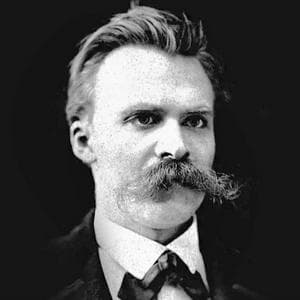
Friedrich Nietzsche
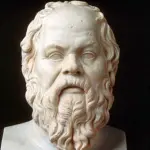
Socrates

Arthur Schopenhauer

Karl Marx

Albert Camus
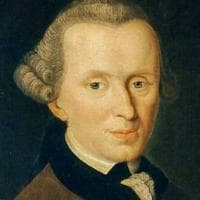
Immanuel Kant
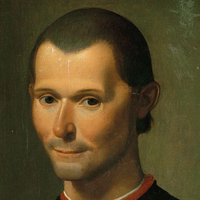
Niccolò Machiavelli

Diogenes
